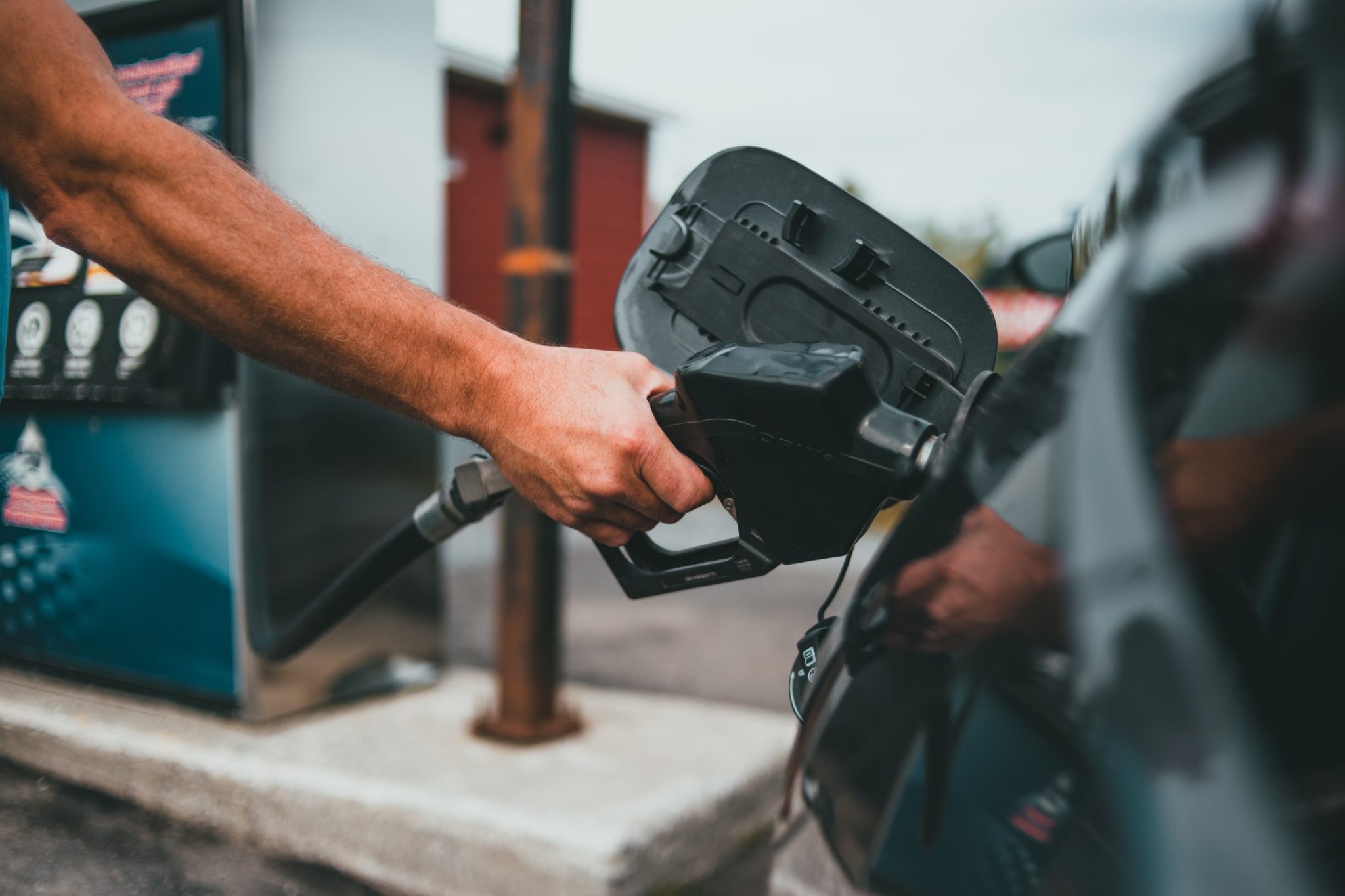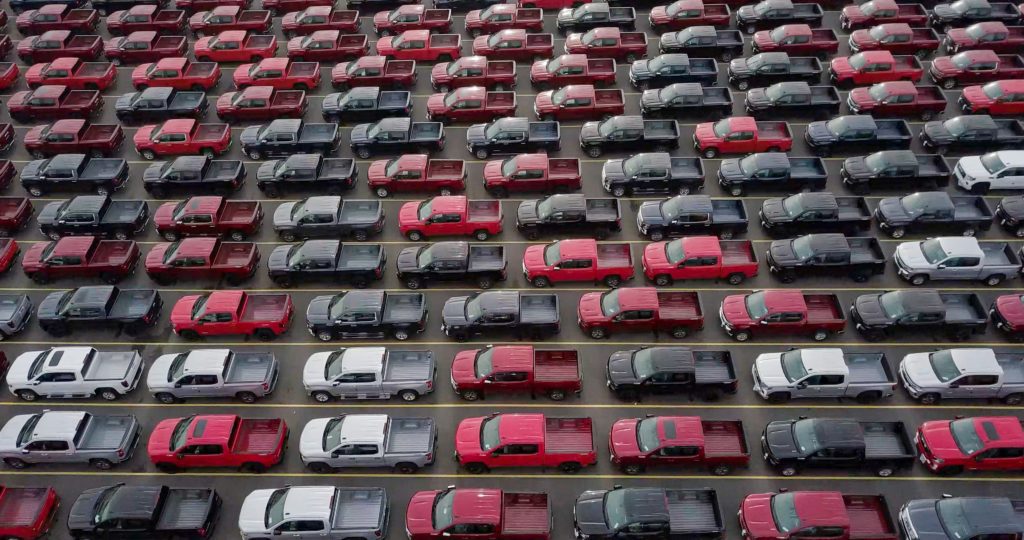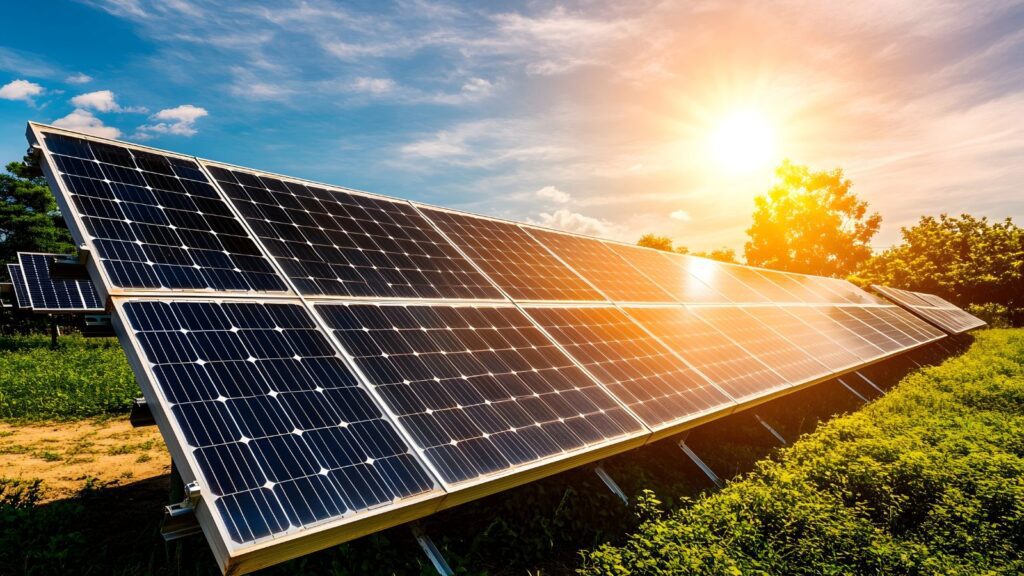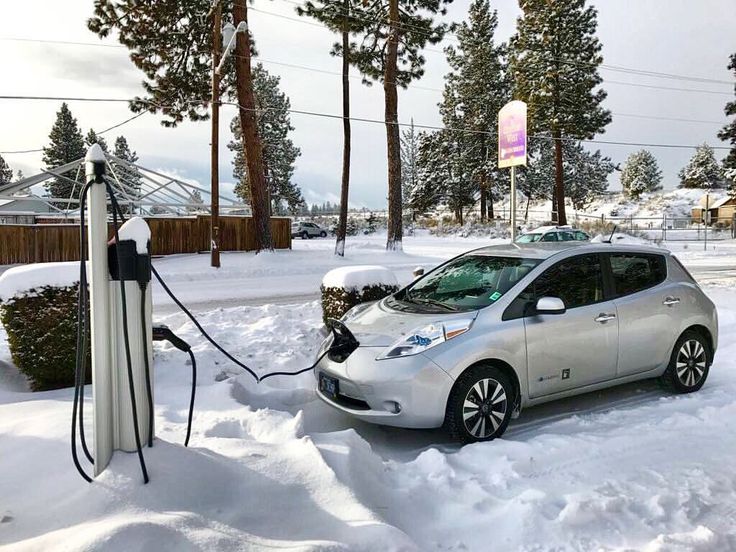High gas prices should be an alarm bell signaling that we need to move away from our reliance on this volatile commodity – not entrench deeper patterns of dependency.
Why are gas prices so high?
Drivers are feeling the pocketbook pain from high gas prices right now. The reason gas prices are so high isn’t because of taxes – it is almost entirely driven by the rise of international crude oil prices, driven by geopolitical factors like the invasion of Ukraine.
Regardless, politicians are facing pressure to enact policies to cut the cost of gas because many Canadians simply cannot avoid its rising price.
In Alberta, outgoing Premier Jason Kenney suspended the gasoline tax entirely so long as the price of crude oil remains above $90 per barrel. Premier Ford, on top of cutting a $120 cheque to car owners as a ‘licence plate sticker refund’, also plans to temporarily cut gas taxes by 5.7 cents per litre. Progressives too, have been caught up in this – both California’s Governor Gavin Newsom and BC’s NDP Government have sent out cheques to car owners.
We’ve built our infrastructure in a way that makes us car dependent and we’ve let the car industry trap us in large cars that make us fill up often. Because fuel economy regulations are less strict the bigger the car is, automakers have responded by pushing bigger and bigger gas guzzlers onto consumers. SUVs and trucks now make up eight out of every ten cars sold in Canada. The big car companies have shaped this market too – spending big on large car ads – nearly 80 per cent of which promote SUVs and trucks.
Why cutting gas taxes is the wrong move
Gas prices change people’s behaviour – and when gas prices are high, it can reduce carbon emissions. But it is very important that high gas prices don’t hurt people.
With a carbon tax and rebate – people pay a slightly higher price at the pump but are refunded all that and more with a rebate cheque. Effectively, people are incentivized to reduce their emissions by driving less, but nobody feels the pain in their pocketbooks. But in today’s situation, with high gas prices being driven by the price of oil – Canadians feel all the pain and instead of that money being returned to them, it lines the pockets of oil and gas companies. Who have been raking in record cash – with total before tax revenues projected to jump 58 per cent this year, from $153 billion to $242 billion. The money is so good in the Canadian oil patch that BNN Bloomberg reports that luxury homebuilders now have a growing construction waitlist of rich oil and gas executives buying multi-million dollar mansions.
Cutting gas taxes is a bad idea because it undermines the environmental effectiveness of a price on carbon by removing the incentive to drive less. But it’s even worse than that – cutting drivers a cheque or cutting gas taxes actually benefits the affluent the most because rates of car ownership and use go up with household income. On average, the richer the household, the more they drive, and the more cars they own. Most lower-income households don’t own cars at all.
So what should Ottawa do about this?
Canada already has a ready-made system designed to compensate people for higher gas prices – the carbon tax rebate program called the Climate Action Incentive. The Parliamentary Budget Office (PBO) found that this program gives a rebate cheque that is bigger than the increased carbon costs for 80 per cent of households in the provinces which it is in effect. Only the most affluent don’t end up ahead, they pay two to three times as much as the lowest earning households because they drive more and heat bigger homes.
It would be better to give out cash to everyone – which is exactly what Quebec did. Quebec’s spring budget included a one-time payment of $500 to every adult earning $100,000 or less to help offset the impacts of inflation. Which is important – because the cost of gasoline isn’t the only thing going up, and someone’s ability to pay for gas is more based on their income than its price.
A Better Solution for People and the Planet
Just last week, the Conservative UK government announced that they would be imposing a $6.3-Billion-dollar windfall tax on oil and gas companies to fund cash payments directly to households facing the cost of living crisis. Ottawa already has a windfall tax in the works – but it is limited to the big banks to help pay for the economic recovery. Why not extend it to include oil and gas companies and use those funds to expand climate action incentive cheques to residents of provinces already receiving them and start issuing them to provinces that don’t? That way, we can re-establish the link between the higher price of gas and money being returned to people. The best part is that the climate action incentive rewards people already living low-carbon lifestyles because it isn’t tied to gasoline consumption or car ownership.
But this is only a temporary solution. Over the long term we need to change how we get around our cities and move towards more public and active transportation. We also need to change the kinds of cars we drive away from gas guzzlers and move towards electric. By becoming less reliant on the volatile price of oil – we can much easier avoid the cost of inflation. We’ll need a high carbon price to help us while we make those changes, because it makes us question the structural systems in place that make us so dependent on the price of gasoline. But let’s first make sure that during that transition, high gas prices don’t lead to pocketbook pain.









